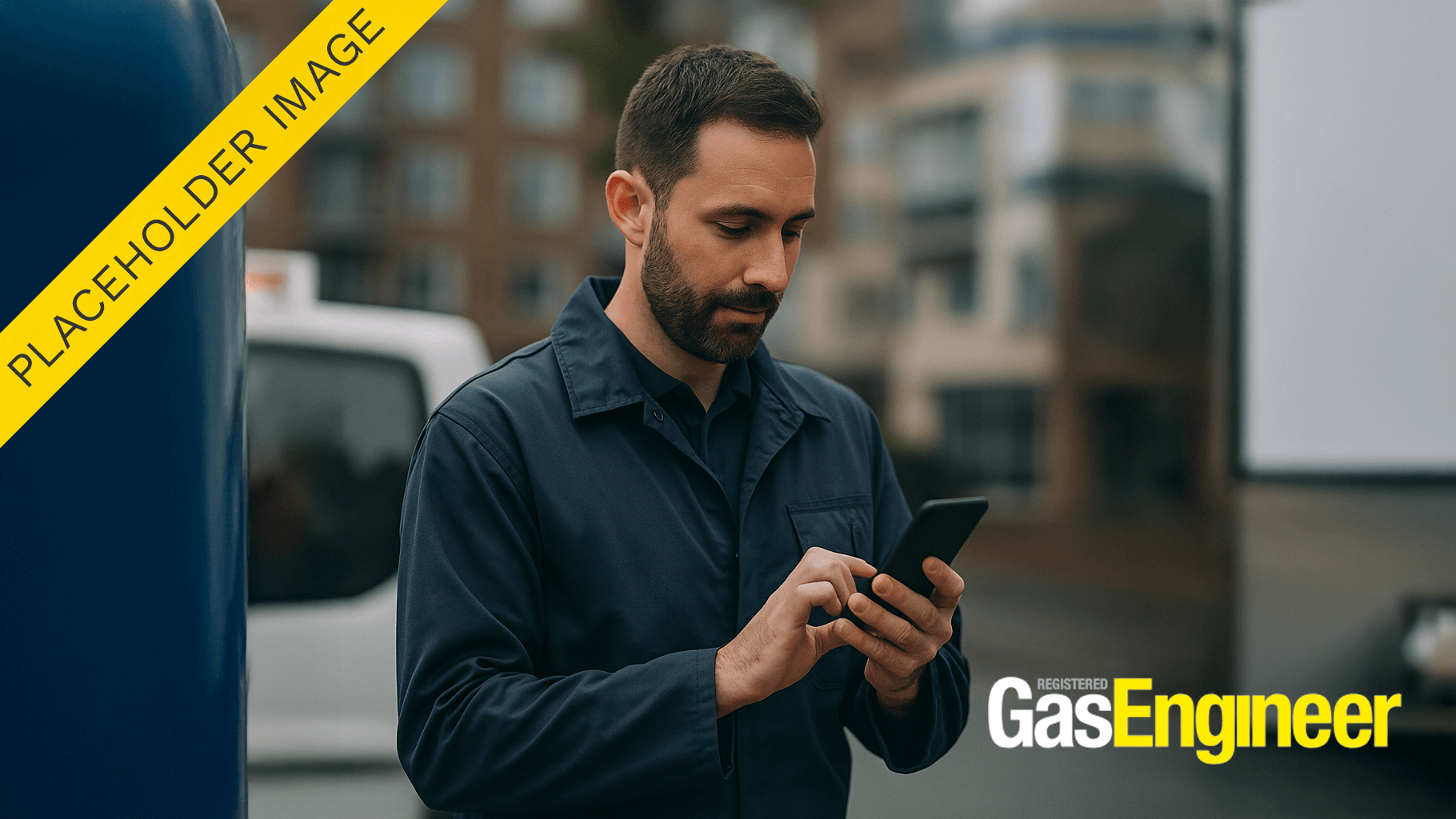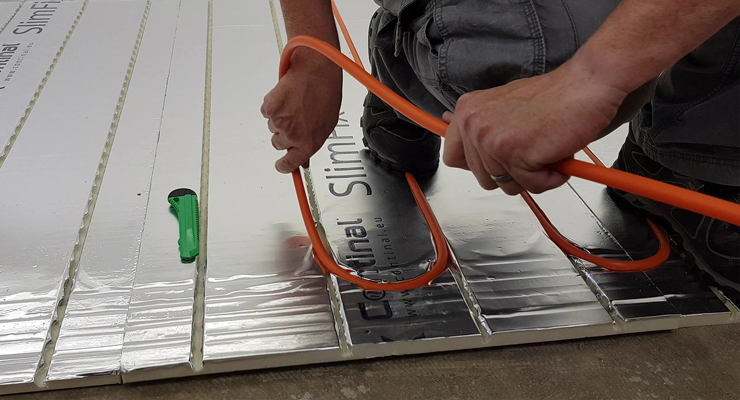
Get smart with plumbing and heating
RWC product marketing manager Richard Bateman looks at how to use the latest technologies to futureproof heating and plumbing systems.
Since household emissions collectively account for around one-quarter of the UK’s total, improving the efficiency of homes is crucial for meeting sustainability targets. By placing the focus on plumbing and heating systems, installers can make a significant contribution towards this.
Installers can work with their customers to find smaller and even more cost-effective, technology-led improvements to their plumbing and heating systems.
Leaky pipes might seem like a small problem in the grand scheme of efficiency and sustainability. However, when you consider that 3 billion litres of water are lost to leaks every day, addressing water wastage can make a crucial difference.
Each person uses around 140 litres of water every day and the government has set a target to reduce this to 110 litres per day by 2050. Technology will be key. Conventional plumbing can be enhanced through improved control, efficiency and comprehensive insights into water usage and management.
Manufacturers prioritise sustainability in their products, integrating advanced features such as real-time monitoring, automatic leak detection and remote control capabilities. These systems not only enhance efficiency and reduce water wastage but also contribute to environmental sustainability by promoting responsible water management practices.
Installers will be familiar with the potential of installing pressure-reducing valves (PRVs) where water enters a property to achieve greater control over the system and stabilise the flow rate. This is a proven method of effectively managing water usage and consumption throughout a home but it is just the starting point.
PRVs can also be used in conjunction with leak detection systems to continuously monitor and measure the flow rate and pressure against pre-determined consumption levels, helping to accurately control water usage across the property.
The benefits of this integrated technology are far-reaching, delivering tangible improvements for homeowners as well as the planet. Greater control and reduced consumption can mean lower monthly bills while also conserving water and reducing associated emissions.
Technology has a role to play when it comes to creating efficient, future-ready heating systems for homes. Underfloor heating is now a viable, mainstream alternative to traditional radiator systems. And it’s no surprise why: UFH offers immediate energy savings of up to 15% compared to traditional radiator systems, especially when paired with a heat pump or solar thermal system.
Smart controls for UFH systems enable homeowners and building managers to regulate room temperatures precisely. They can manage individual rooms or zones independently, optimising comfort levels throughout the property while lowering energy consumption and costs.
As new technologies like smart controls, underfloor heating systems, and energy-efficient plumbing fixtures continue to evolve, knowledgeable installers can effectively guide homeowners towards solutions that minimise energy consumption, reduce operational costs and enhance overall efficiency.
By understanding and implementing these innovations, installers not only meet the growing demand for eco-friendly practices but also contribute to creating more efficient and comfortable living environments.

